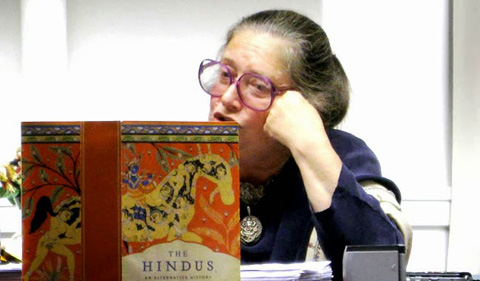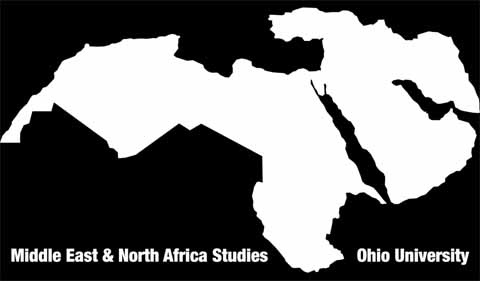The Gawande Lecture Series presents Dr. Wendy Doniger on “Blasphemy and Censorship in India, Past and Present” on Monday Nov. 3, at 7 p.m. in the Baker Center Theater.
Doniger’s talk is the third in the Gawande Lecture Series, a biannual series of lectures by distinguished scholars of Indian philosophy and religion that are free and open to the public and that began last year with Anantanand Rambachan of St. Olaf College and John Stratton Hawley of Columbia University. The talk is co-sponsored by the Charles J. Ping Institute for the Teaching of the Humanities, the Women, Gender, and Sexuality Studies Program, and the Ohio University Comparative Religion Club.
A reception follows the event.
Doniger is the Mircea Eliade Distinguished Service Professor of the History of Religions at the University of Chicago Divinity School, Department of South Asian Languages and Civilizations, and the Committee on Social Thought. She is one of the foremost scholars of Hinduism working today. Her work combines a sustained engagement with Indian texts such as the ancient Vedas and medieval epics with a focus on the marginalized voices of women and outcastes and a sustained interest in the themes of disguise, paradox, sexuality, and animals.
She has published nearly 40 books, including translations of The Rig Veda, The Kama Sutra, and The Laws of Manu and the 2009 book The Hindus: An Alternative History, which made headlines around the world earlier this year when the Indian publisher agreed to recall the book under pressure from right-wing Hindu groups and sparked a nationwide debate about free speech and religious intolerance. Most recently, she has just returned from Yale University, where she delivered the prestigious annual Terry Lectures.
Doniger’s lecture, “Blasphemy and Censorship in India, Past and Present,” draws from personal reflections on her recent encounter with censorship and her lifetime of scholarship on Hindu thought and history. Since the 6th century BCE, Doniger argues, Hinduism has held in creative suspension two movements so different as to merit the title of separate civilizations: One is the dominant strain of ritual, of celebration of life, of family, of children, of sexuality, of food and poetry and sculpture and the worship of many gods; and the other is the strain of philosophy, of renunciation, of the drive to become released from the cycle of rebirth, through denial of the senses, of family life, of children. These two paths lived peacefully side by side, as available options for most Hindus, until the philosophical strain developed into a new form of Hinduism under colonization in the nineteenth century; and now, in a new, fundamentalist avatar, it has introduced an unprecedented form of repression that threatens freedom of speech in India today.
For more information, contact Dr. Brian Collins, the Drs. Ram and Sushila Gawande Chair in Indian Religion and Philosophy.



















Comments